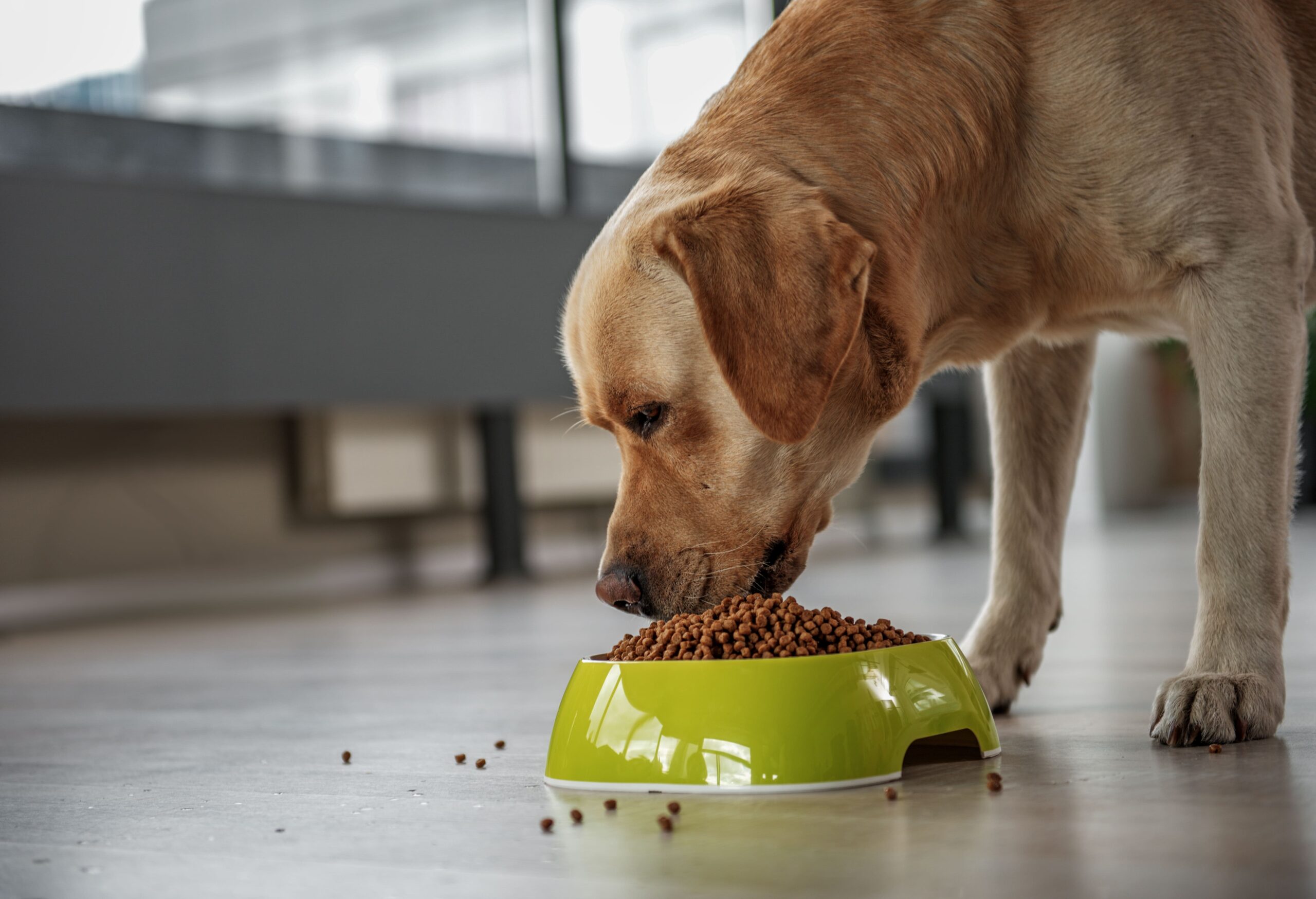Hill’s explains: how obesity affects your dog’s joints
Written by Rianne |
The numbers don't lie: more than 6 out of 10 dogs are overweight. And those extra pounds can lead to joint problems with major consequences for the mobility and well-being of your buddy. Learn more about this here:

Mobility in a nutshell
Your dog, just like humans, has joints that consist of different parts. These work together to ensure that the joints remain flexible and stable. With good mobility, your dog can lead an active life and can move without pain or problems. However, reduced mobility can lead to painful joint problems that significantly affect the quality of life.
The most common joint problem
One of the best-known joint problems in dogs is osteoarthritis. This painful form of joint wear can affect all joints in the body. Usually, the condition mainly occurs in the elbow, knee and hip. Unfortunately, osteoarthritis usually only gets worse and is difficult to treat. It’s better to prevent than to cure and a healthy weight can help with this.
How do these problems arise?
There are several causes of joint problems. Think of age, structural overload and genetic predisposition. For example, German Shepherds are more at risk of hip dysplasia and the Bernese Mountain Dog is more likely to develop elbow dysplasia. But one of the biggest culprits is being overweight.
Extra weight creates extra load
If your dog is overweight, there will be more pressure on the joints – with all the consequences that entail. Your dog is already overweight when it is 10% above the ideal body weight for his age and physique. So pay attention to this and make sure that your buddy maintains a healthy weight.
What to do yourself
Prevention is the first step. Especially during the growth phase, when the bones and joints are formed, your dog mustn’t become overweight. Otherwise, joints and bones will be subject to additional pressure and may deform.
Is your dog overweight? Your vet can help with a plan to get your dog to a healthy weight. It is also important that your buddy gets enough exercise. In addition, limit the number of snacks you give your dog.
Can you dog do with some support? Then there are special diet foods that help with weight loss and help support the joints, such as Hill’s Science Plan Perfect Weight & Active Mobility – Small & Mini, medium, and large. The vet can also prescribe Hill’s Prescription Diet Metabolic & Mobility.
Do you think your pet suffers from joint problems or do you have questions about (the prevention of) obesity? Please contact our veterinarian via WhatsApp (0031 850871821), via email: [email protected], or by phone (033 0818 0862).



